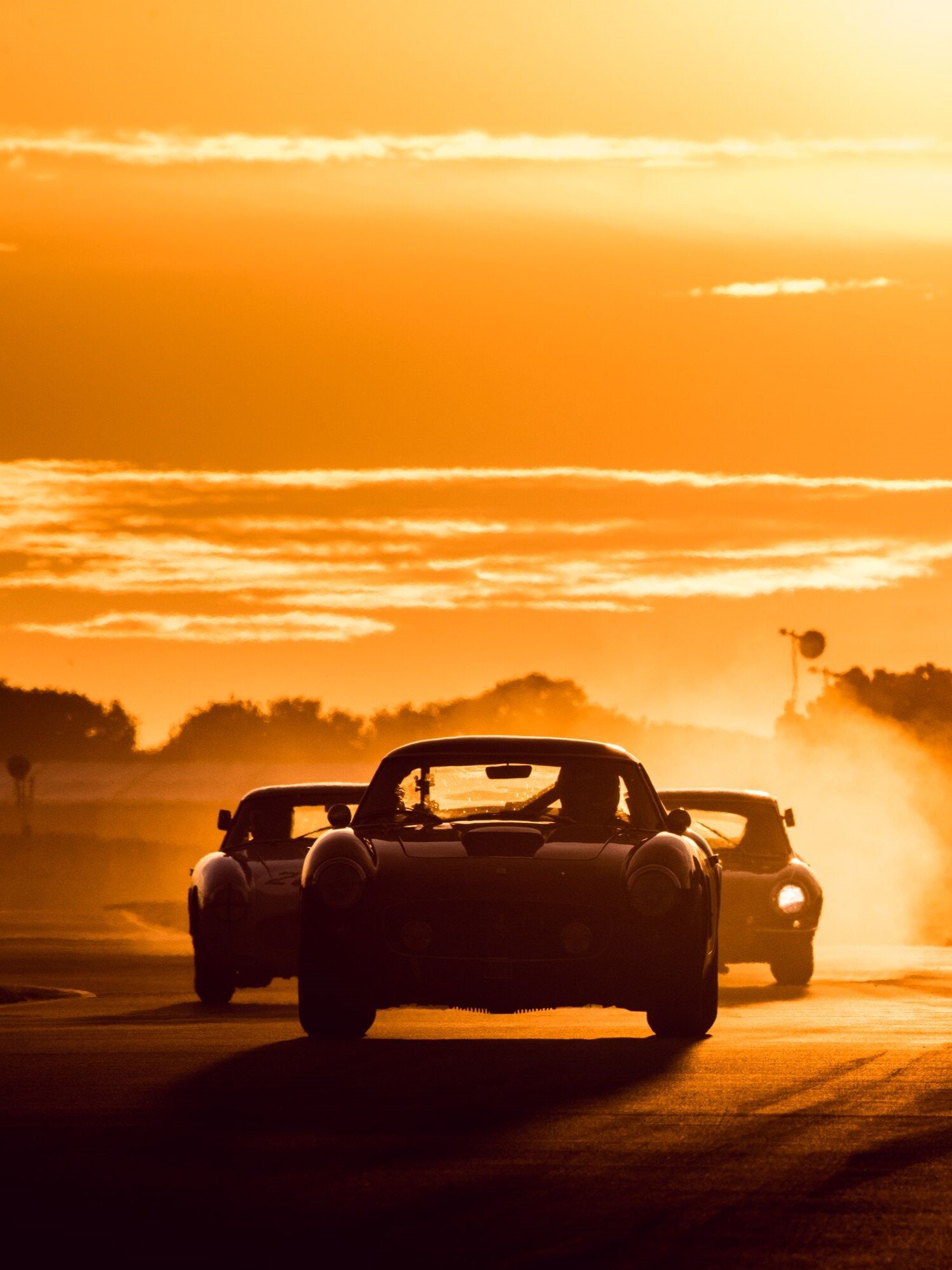Doug Nye: How the BMW M1 Procar Championship was born
 Doug Nye
Doug Nye
One-make championships have something of a chequered history within motor racing history. In the UK 500cc Formula 3 racing virtually turned into a one-make series once Cooper proved near totally dominant, but those masters of regulatory rectitude, the French, went all the way with their contemporary Monomille category, using air-cooled 850cc twin-cylinder Panhard engines in rather quaint-looking front-wheel-drive chassis.

The original idea was to tour the French circuits with a mix of celebrity and local amateur drivers competing. Such serious drivers as Jean Lucas, Harry Schell, the Marquis de Portago, Jo Schlesser and Argentinian tourist Roberto Mieres took part, as did such regular Panhard sports car exponents as Eli Bayol and Paul Armagnac.
A driver names Laurent Redon drove a Monomille to win a race in Madagascar in 1954. I have often wondered if he was related to the Laurent Redon who won the French Formula 3 Championship in 1995 and then went IndyCar racing in the US, where commentators referred to him as “Frenchman Low-rent Red-own!’
Even before the French adopted Panhard Monomille racing, the Italians had run a one-make circus of single-seater racing through the late 1940s, using a fleet of around 30 sleek little Monoposti, sponsored and constructed by Torinese industrialist Piero Dusio. Engineer Dante Giacosa’s pioneering spaceframe-chassis design emerged as the Cisitalia D46, and examples were driven by such contemporary superstars as Tazio Nuvolari, Piero Taruffi and Luigi Fagioli.

In September 1962 the three-hour ‘Autosport’ race meeting at Snetterton included a rare one-make saloon car race. Run over 15 laps its entry comprised a dozen of the just-launched ADO16 Morris 1100s. Exploring the uttermost limits of Hydrolastic suspension roadholding were twelve serious racing drivers, including Jim Clark, Graham Hill, Jack Brabham, Roy Salvadori, Sir John Whitmore, Michael Parkes and Graham Warner. Girl driver Christabel Carlisle actually led the entire field at one point. That same weekend saw Stirling Moss’s sister Pat beat all the male competitors to win the German Rally, sharing her Mini-Cooper with Pauline Mayman. Those girls in the early-‘60s were serious contenders…
Unfortunately some of the stars’ elbow-out antics came unstuck. Cooper’s F1 driver Tony Maggs was nudged off the Home Straight “by a multiple lateral evasive manoeuvre” and hit the bank head-on when nearly flat-out. The car was destroyed and he was very lucky to be helped out unscathed - fortunately he had been wearing seat belts. Then Jimmy Clark (no less), Salvadori and saloon car specialist Alan Hutcheson had a multiple-car collision. Whoever at the British Motor Corporation had though that having their brand-new Morris 1100s raced by a bunch of top drivers was A Really Good Idea was probably polishing his P45 a few days after the event…

I expect that none of this was known by BMW Motorsport Director Jochen Neerpasch over a decade later when he conceived the BMW M1 Procar Championship series. In 1978 BMW launched its new mid-engined sports Coupe model - the Project E26 or BMW M1. It had been conceived as an FIA Sports Car World Championship contender for 1979, while also becoming a customer competition car for use at lower level. BMW Motorsport had planned to build the racing M1s to FIA Group 5 regulations, but a rule change required a minimum 400 M1s to be built to Group 4 regulations before the model could be considered for Group 5.

The Italian Lamborghini company was then sub-contracted to build BMW M1s in sufficient quantity for homologation but so many problems intervened - not least concerning product quality - that the German company took the programme back in-house. Jochen Neerpasch suggested a one-make race series for the M1s which would be run in concert with the Formula 1 World Championship season’s most prominent Grand Prix rounds. It emerged as the Procar BMW M1 Championship, with selected teams preparing and running the cars for a who’s who list of leading contemporary Formula 1 and sports car drivers.
The series ran for two years with none other than Niki Laura winning the initial Championship title in 1979, followed by Nelson Piquet in the second and final season for Procar, 1980. The BMW M1 qualified for Group 4 competition status, and appeared then and subsequently in full-blown World Championship-level events, including the Le Mans 24 Hours. And a demonstration group of Procar M1s is to grace Goodwood at the forthcoming Members’ Meeting.

The FIA’s long-held rule that Formula 1 drivers should not compete in another event within 24 hours was side-stepped or ignored, and Procar M1 practice and qualifying sessions were held on the Friday of each Grand Prix weekend, followed by the race on the Saturday. Even by contemporary standards the prize money was not enormous, while still sufficient to put a happy smile on some faces - $5,000 for a win, $3,000 for second and $1,000 for third - and all for a half-hour race. The five fastest Formula 1 drivers from practice would be given factory cars and were guaranteed the top five grid positions on Procar Raceday, regardless of actual qualifying time compared to non-F1 drivers.
One glitch was that the Procar M1s ran on Goodyear tyres and at that time several F1 teams were contracted to Michelin, so their drivers were denied M1 fun. Neither did Ferrari nor Renault allow their stars to publicise BMW’s interloper campaign.

All Procar Championship BMW M1 cars were built to supposedly identical standards. Bob Sparshott’s BS Fabrications company built the five BMW Works team cars while Ron Dennis’s Project Four Racing F2 team built a batch, as did the Italian Osella company. The standard cast-iron block 3.5-litre BMW M88 straight-six engines were tuned to produce around 470bhp at 9,000rpm - producing a 193mph package with a 0-60mph acceleration time of around 4.3 seconds.
The first BMW M1 Procar Championship series saw rounds supporting the Belgian, Monaco, French, British, German, Austrian, Dutch and Italian GPs - plus the Gunnar Nilsson Memorial meeting at Donington Park, a charity event which scored no points towards the eventual title. The nine race winners proved to be Elio de Angelis in the opening round at Zolder, followed by Niki Lauda - who won three rounds, at Monaco, Silverstone and Hockenheim - then Nelson Piquet - Donington Park and Dijon - Jacques Laffite at the Osterreichring - and Hans-Joachim Stuck at Zandvoort and Monza. Niki emerged as Champion, from Stuck and Clay Regazzoni.

Into 1980, the second (and last) Procar Championship again featured nine rounds, with a Donington event scoring points, as did two German races, at AVUS, Berlin, and the Norisring 200-Miles at Nuremberg. Otherwise rounds supported the Monaco, British, German, Austrian, Dutch and Italian GPs. This time round the opening race - at Donington Park - fell to Dutch driver Jan Lammers, German Manfred Schurti won at AVUS, then H-J Stuck at Monaco and on the Norisring. Carlos Reutemann won the British round at Brands Hatch, Didier Pironi the German edition at the Hockenheimring - and finally Nelson Piquet cleaned-up the last three rounds at the Osterreichring, Zandvoort and Imola. Happy-go-lucky BMW Works star Piquet emerged as 1980 Procar Champion, from Alan Jones and H-J Stuck.
Ending that year BMW announced its Formula 1 engine supply to Bernie Ecclestone’s Brabham team - and with Group 4 homologation achieved the BMW M1s became Sports Car World Championship contenders from 1981. As a stepping stone towards pinnacle level motor racing, the BMW M1 Procar programme had done its job.
Photography courtesy of The GP Library.
Doug Nye
BMW
Motorsport
F1
































































